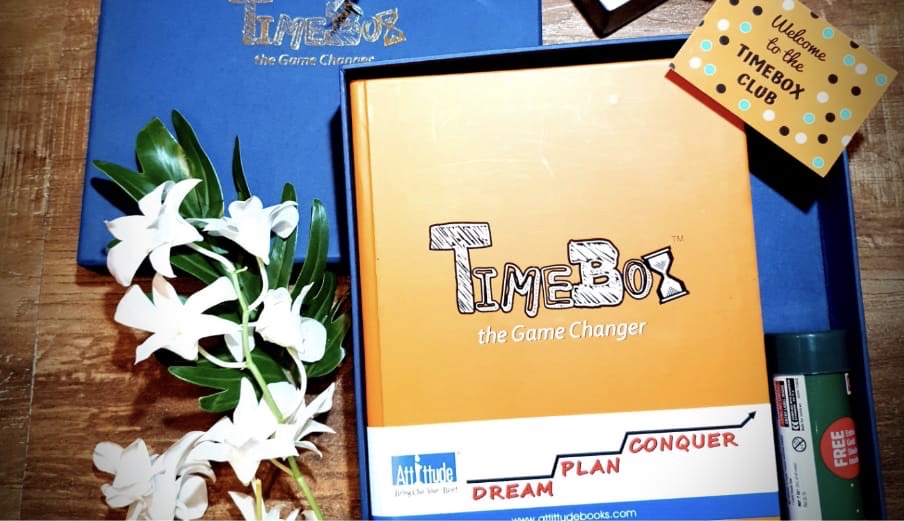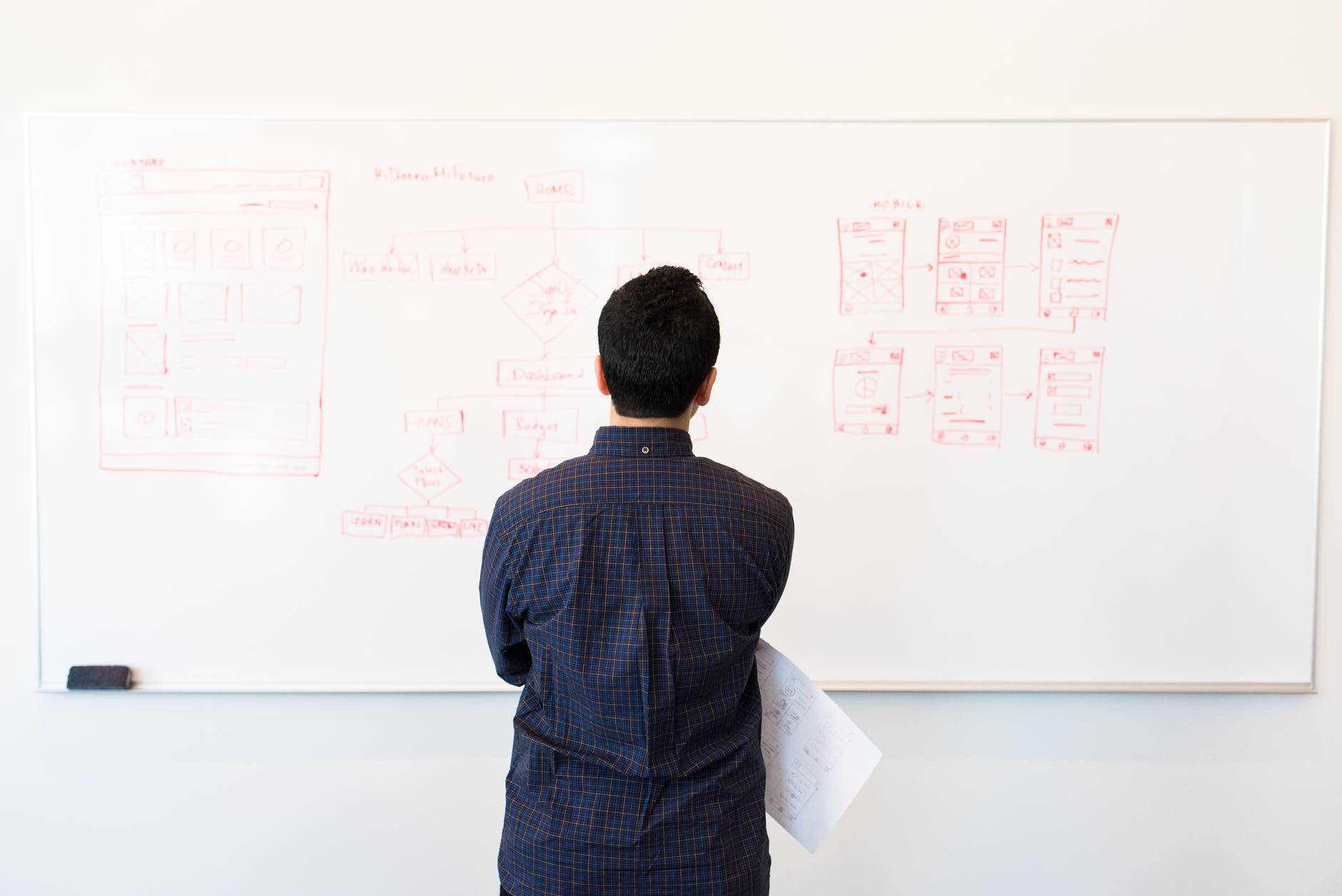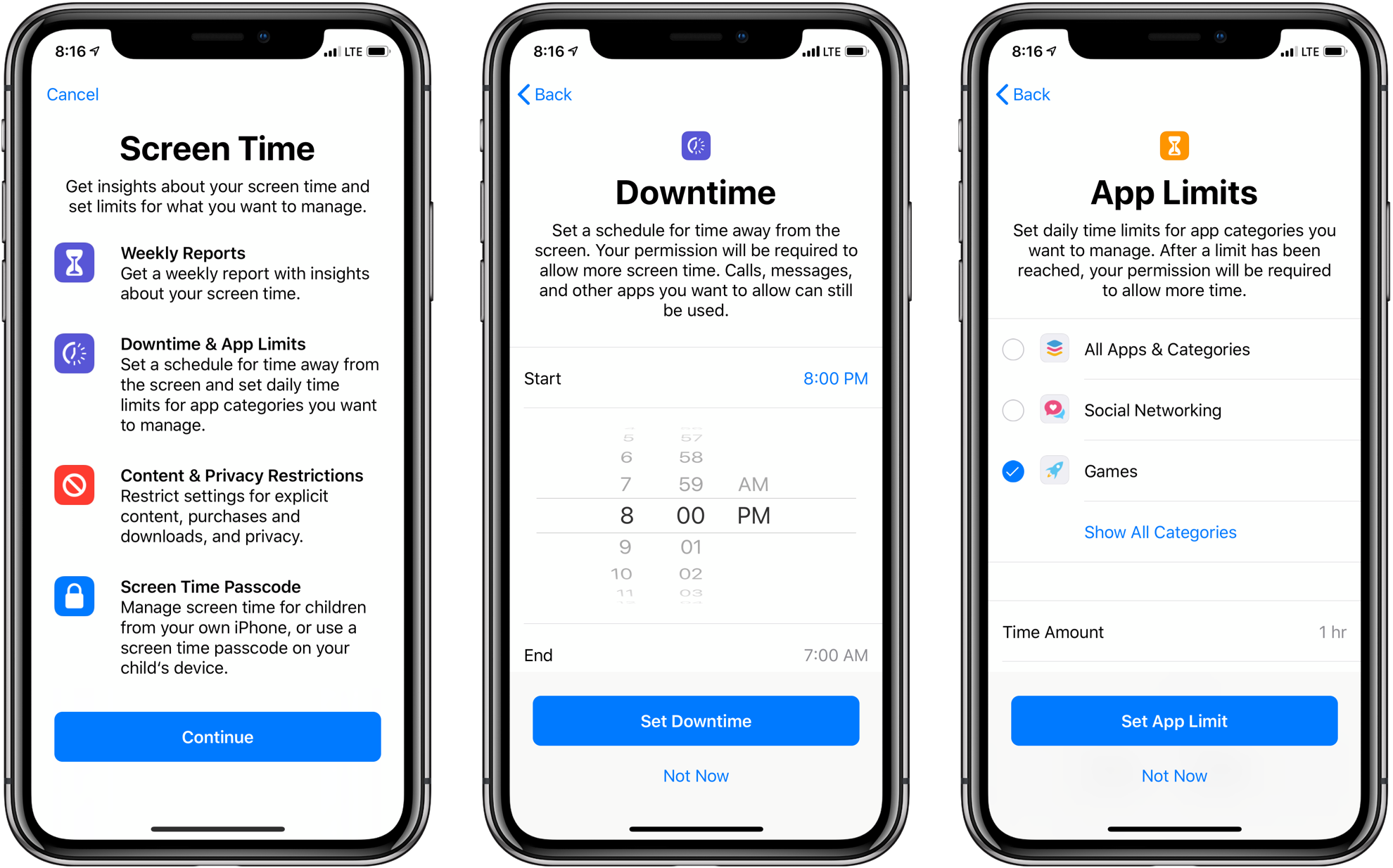Heya fellow PhD’s and my lovely readers,
I know the title of this article sounds like a boring marketing theory, but trust me, I have tried my best for it to be anything but boring. I am about to give you some tried and tested tips and tricks to incubate and successfully maintain the 3 P’s for success – whether for PhD or for life. It may be a long read, but trust me, it will be worth it! (I sincerely hope so!)
Now you must be thinking what are these three P’s I am raving about since the title. For that, first I want you to know what success means for me. Success for me is nothing but mental satisfaction and peace. Having dealt with fair share of mental health problems, I now know what is the value of this mental inner peace, and that is my ultimate goal for being successful. Now, as we are clear about this, here they are, the 3 P’s for success:
- Productivity
- Positivity
- Peace
Now you must be wondering, how can peace be a goal and a pathway towards the goal. Let me be clear, reaching inner mental peace can be one hell of a job and if we try to implement techniques which give birth to and nurture the very idea of peace, then only we can easily reach to the ultimate inner peace. And this becomes all the more important when we are into a field like PhD where you are giving your brain a 24/7 cardio workout!
Coming to the tips and tricks! For making these 3 P’s, a part and parcel of your routine, here are few tips which helped me a lot in remaining calm and composed in my personal and professional (PhD) life.
(1) Morning Routine:
Tell me honestly, did this point remind you of your mom, because it sure as hell reminded me of mine! I know you all must be tired of hearing the importance of a daily morning routine from your family and all the motivation gurus, but trust me, it deserves this attention. According to me, a sustainable morning routine is quite subjective, it can never be ‘one size fits all’. What can work according to my thinking is waking up early, drinking some water, a short 15 mins exercise, healthy breakfast, meditation, reading, writing my first thoughts after waking up in my journal and making a to-do list for the day; and these are not necessarily in the same order everyday! But important is to include them in your morning routine daily, and you will definitely see the difference.
(2) Making a to-do list:
Making a to-do list seems to be a very easy task, what is difficult is maintaining it. Forming a doable to-do list is nothing less than art, and similarly as the morning routine, this is also subjective and should be created according to your personal priorities and capabilities. Some tips for making a task list are: distinguish list items according to time required and their importance; use calendar for scheduling the items; time block every task (this makes it very easy to say no to less important tasks – “No, I can’t come to that party as I have a call scheduled from 8:00 to 9:00 pm”.); schedule the most important tasks in the morning (it makes your day, literally!); give yourself some flexibility to reschedule (we still can’t predict the future guys!) and last but not the least, treat the tasks in your list as doctor’s appointment – you don’t cancel them until and unless something damn urgent comes. But after all this, it all comes down to your grit and commitment to follow the list as sincerely as possible.
(3) Day Ending Ritual:
As we saw above, ending the day with a routine is equally important as starting your morning with one. This is when you plan and give some time to yourself and people involved in your personal life. As subjective as the other tips and tricks, some things which you can keep in mind while concluding your day are: evaluate, review, reschedule (this results in better plans and to-do lists for the next day and empties your mind from the next day plans for the evening); leave on a positive note (saying good-byes with a smile or just patting your back for the objectives you achieved); tidy up your desk (this is of vital importance – especially for people in academia and research – a cluttered desk will result in a cluttered mind!); and last but not the least, try to complete the menial tasks which are due for tomorrow but can be done today without resulting in exertion (ex: mailing a colleague to inform about an upcoming project meeting). All this will actually help you to enjoy & relax for the remaining evening, create a barrier between personal & work life and positively being ready for the next day.
(4) Weekend Routines:
How many of us desperately wait for the weekends the whole week, do nothing on the weekends, regret on Sunday evening that you did nothing and start your Mondays with that same desperate wait for the weekend. Sounds familiar, right? This happens with majority of us. Utilising your weekends optimally is one of the biggest tools in maintaining a healthy balance between work and personal life and also maintaining the inner satisfaction and positivity that I am talking about since the starting. Some tips for planning your weekend according to my thought process are: maintain your morning routine (this prevents you from disrupting your sleep cycle); keep a different schedule and to-do list for weekends; take a break & recharge (hobbies, movies, outings or a simple day alone at home); get off the grid (meaning switching off those work emails and tasks till Monday – weekends are for you!); make out time for your passion (brings positivity and a sense of balance in your mind); exercise lightly; reflect on the week and write it down (it will act like a weekly review so you know what you achieved and what should be rescheduled); prepare for Monday (it will shield you from the Monday blues and you will wake up confident and motivated); and last but not the least, give yourself at least an hour which is only for you!
So guys, all these tips actually help us in maintaining the 3 P’s for a successful PhD and life. Maintaining all these points take care of your physical as well as mental health which in turn fertilises the strong roots of these 3 P’s. And again I would like to mention that all of tips I mentioned above are completely subjective and needs to be tailored to your individual needs, capabilities and goals. I sincerely hope this helped you at least a little to increase Positivity, Productivity and Peace in your daily life.
Keep smiling, spread love and stay blessed!














